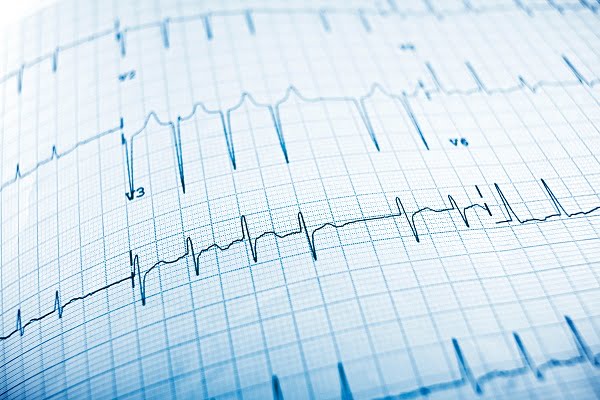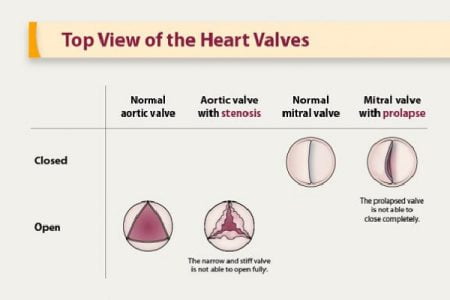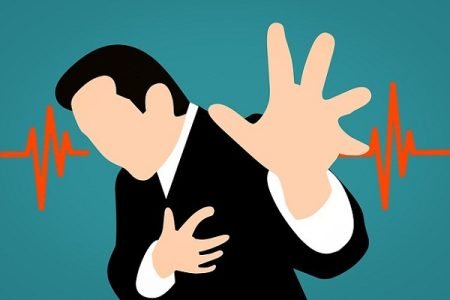What Is an Electrocardiogram (ECG or EKG Test)?
- Updated on: Jul 29, 2024
- 2 min Read
- Published on Oct 3, 2019

What is an electrocardiogram?
An electrocardiogram (sometimes abbreviated as an EKG or ECG) is a cardiac diagnostic test that measures the electrical activity of the heartbeat.
Our heart is a two stage electrical pump and the heart’s electrical activity can be measured by electrodes placed on the skin. The electrocardiogram can measure the rate and rhythm of the heartbeat, and provide an evidence of blood flow to the heart muscle.
In the procedure, an electrical impulse (or wave) generates and travels through the heart with each beat. This wave causes the heart muscle to squeeze and pump blood from the heart. A normal heart activity (heartbeat) on ECG will show the timing of the heart chambers.
When do you need an ECG?
An ECG is used alongside other tests to help diagnose and monitor conditions that affect or can affect your heart.
It can be used to evaluate the symptoms of heart problems, such as chest pain, noticeable heartbeats (palpitations), dizziness, fainting, shortness of breath, etc.
Your doctor can ask for an ECG to detect such as:
- Arrhythmias
- Coronary heart disease
- Cardiomyopathy
- Enlarged heart (cardiomegaly)
- Heart attacks
ECG Test: How is an ECG performed?
You will be asked to lie down on a bed. The technician will clean areas on your arms, legs, and chest. It may be necessary to shave or clip some hair from the chest and arms and legs.
There are several ways in which an ECG can be carried out. The test generally involves attaching a number of small, sticky sensors (called electrodes) to your arms, legs and chest. These are connected by wires to an ECG machine that records the monitored activity.
You will have to remain still during the procedure. The technician may ask you to hold your breath for a few seconds when the heart activity is recorded.
It is important to be relaxed during an ECG recording because any movement, including shivering, can cause the results to change.
Sometimes an ECG test is done while you are exercising to monitor changes in the heart. This type of ECG is often called a echo test. Read about the echo test here: What is an Echocardiogram or Echocardiography (Echo Test)?
Types of ECG
There are three main types of ECG as follows:
- a resting ECG – it is done while you’re lying down in a comfortable position such as on a bed
- a stress or exercise ECG – it is carried out when you’re exercising such as on a stationary bike or treadmill
- an ambulatory ECG – this can be done at home. Electrodes are connected to a small portable machine worn at your waist and you can monitor your heart activity at home for a few days
Are there any risks or side effects of an ECG (EKG)?
An ECG is quick and safe. No electricity is passed into your body while the procedure is carried out.
There’s a chance that the stress placed on your heart during an exercise ECG could cause problems such as chest pain, irregular heartbeats, or sometimes even a heart attack. But your doctor will monitor you during the test.
Does an ECG cause pain?
It is a painless test. There may be slight discomfort when the electrodes are removed from your skin – similar to removing a band aid. Some people may develop a mild rash on the skin where the electrodes were attached.












